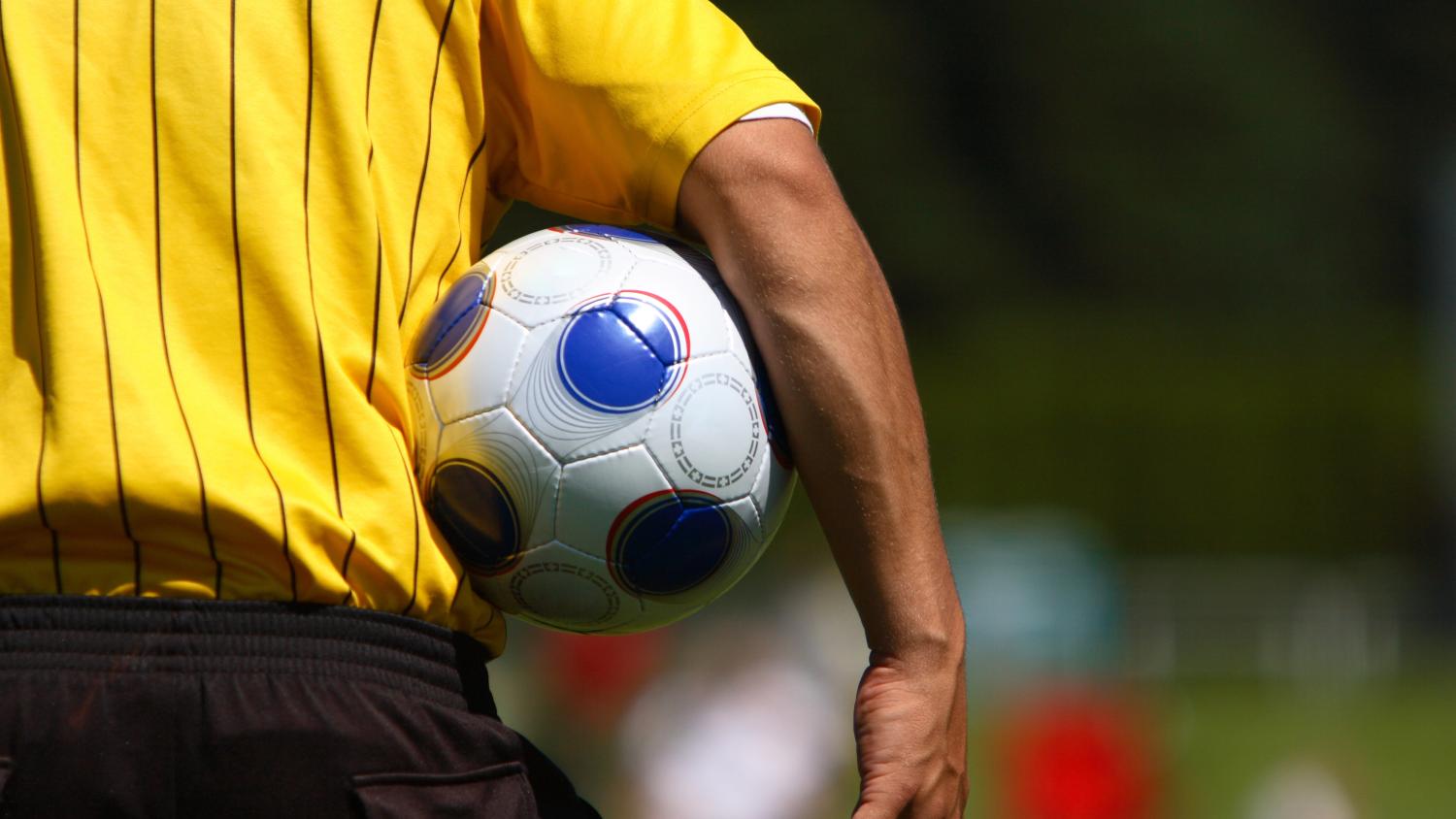If you pay $1 for a cheeseburger, you don’t expect a gourmet experience. If you buy a $600 car, you shouldn’t be surprised if it dies before the next oil change. If you spend $30,000 on a house, it’s probably a fixer-upper. If you put down $5 million for a striker, you won’t win the Premier League.
If you spend $20 on match fixing, you can’t expect to win the match. Nchalo United in Malawi found that out the hard way.
Four referees in Malawi (that’s southeast Africa for those of you without a globe next to you) were banned for life after being convicted of match fixing. Nchalo United gave the four referees $20 to split among them to influence a match against Chitipa United.
Chitipa won the match in a penalty shootout after a 1-1 draw in the national cup match against Nchalo, a club from a lower league. Nchalo demanded its money back, but when the refs could only muster $15, the losing club went to the authorities.
Yes, Nchalo admitted to authorities it attempted to fix matches because the referees wouldn’t return the extra $5 (25 percent) it spent on fixing the match.
Worst. Match fixing. Ever.
Match fixing is one of the worst offenses in sports, more so than illegal doping and simulation. To make matters worse, the banned refs were given a mere $20, a split of $5 per referee. The per capita GDP of Malawi is about $300 USD, so $5 in Malawi is equal to about $960 for someone in the United States. It’s not an insignificant sum, but personally I would require at least four digits before I throw away my integrity. But that’s just me.
The fact Nchalo admitted to attempting to bribe refs just to get back a little cash is laughable. Or sad. Maybe both. Let’s go with both.
Nchalo wanted to get a cheap match fixing and instead got itself in a huge mess. An investigation against the club is still pending.
You get what you pay for.

 Home
Home


